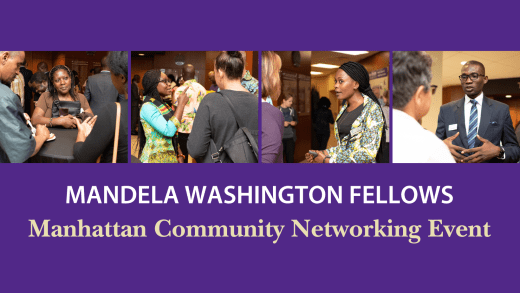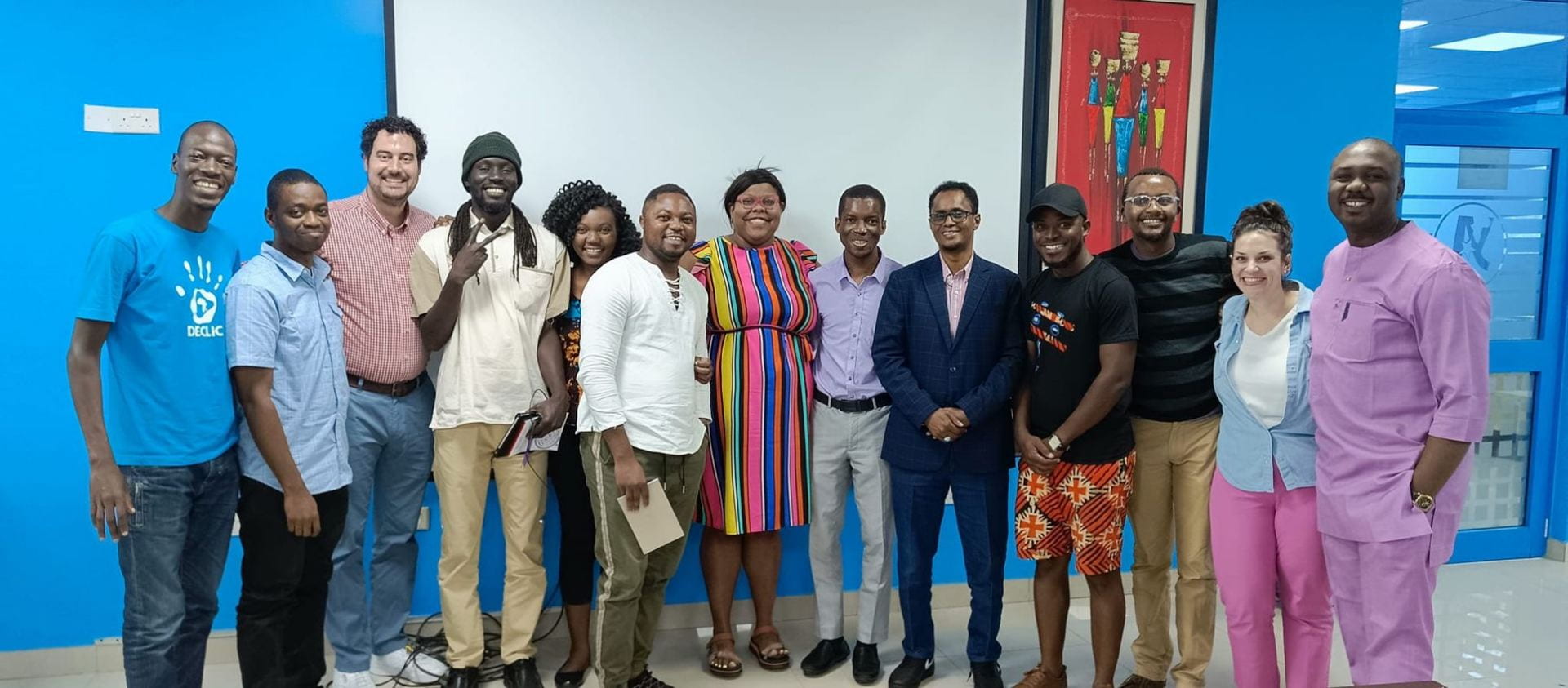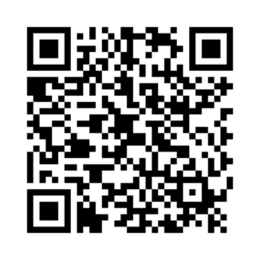During the spring 2023 semester, students in Kansas State University’s LEAD 499: Advanced Nonprofit Leadership class created and completed a series of grant-funded projects that developed their leadership skills, taught them about the value of creating positive change in their community, and engaged Manhattan, Kansas, residents of all ages.
In the Nonprofit Leadership undergraduate certificate, an academic offering from the Staley School of Leadership, students study all aspects of exercising leadership in nonprofit organizations, often through experiential projects and service learning. This includes learning about designing an effective organization, engaging volunteers, setting mission and vision, funding ideas, and much more.
Funding from grants is essential to many nonprofit organizations – usually foundations or governments. As such, many nonprofits want to hire employees skilled in grant-writing. Through this project, students engaged in the real-life grant process. Rather than solely studying it in the classroom, learning happened through doing and through service.
Students in LEAD 499 applied for and received four grants from the Hershey Heartwarming Young Heroes Grants, which are administered through Youth Service America (YSA). The purpose of this grant program is to “build meaningful connections and create more inclusive, empathetic, and kind communities.”
They divided the class into four groups, each with a project centered around Global Youth Service Day. Through these projects, they engaged a large and diverse array of community partners in Manhattan — from elementary schools to assisted living facilities.
The combination of the students’ hard work and the support of Hershey’s and YSA enabled the LEAD 499 class to bring funds into the community to spread kindness, understanding, and empathy through their group projects.
Tamara Bauer, instructor for LEAD 499, was excited for the creative ideas each group came up with to meet the purpose of the grant. Not only did students engage in intentional service, they collaborated to improve their grant writing skills.
Students submitted the following descriptions of each of the projects this semester: Continue reading “Nonprofit leadership students engage community, supported by Hershey Heartwarming Young Heroes Grants” →







 Service-learning is a high impact practice that brings practical experience into the classroom by connecting learning goals to service opportunities.
Service-learning is a high impact practice that brings practical experience into the classroom by connecting learning goals to service opportunities. 